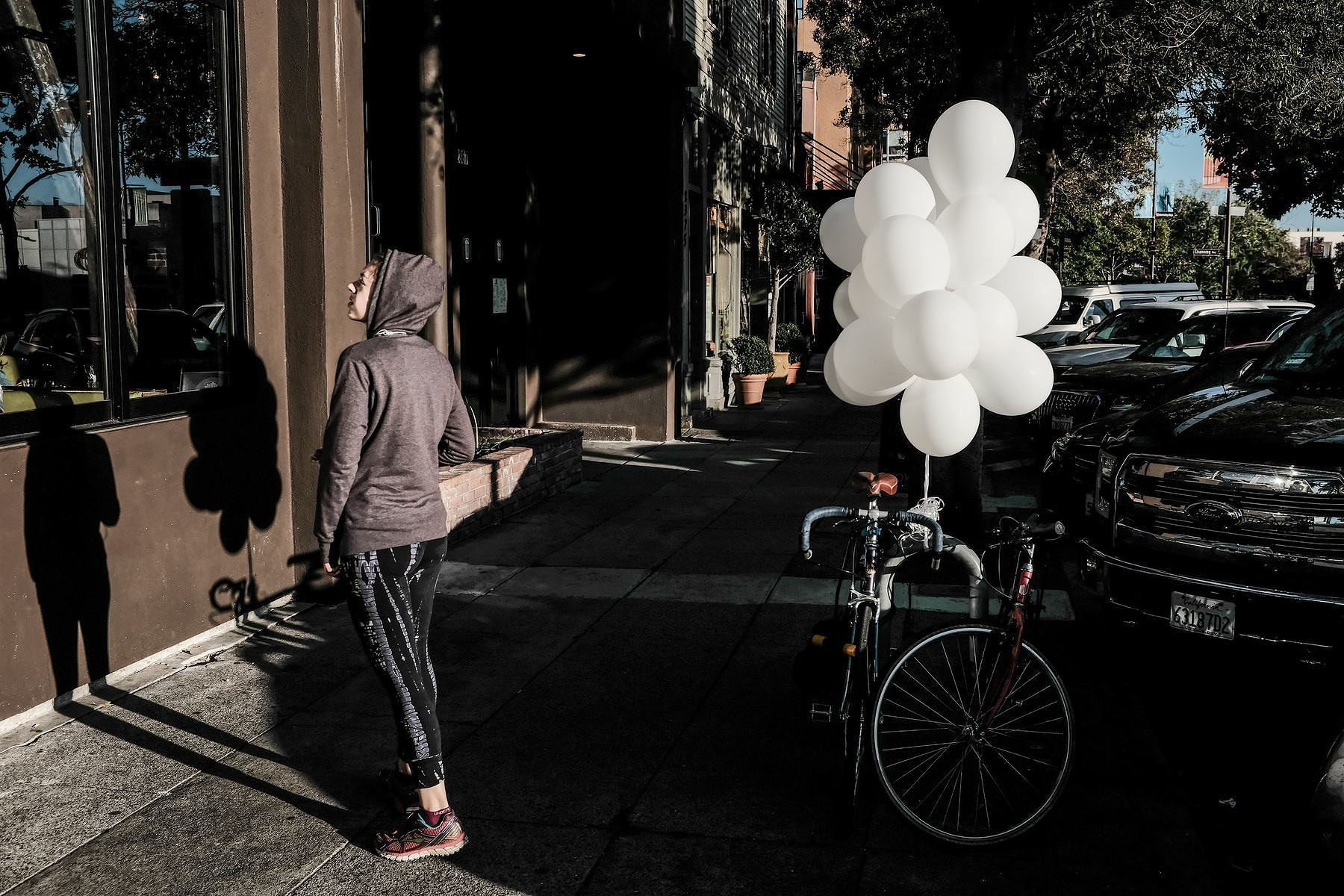This is about a supplemental habit I’ve picked up to go along with my recent anti-story practice, and it’s also a mini-review of the DayOne app.
I’ve known for a while that it’s good for me to have some sort of journaling to help deal with ADHD. I slip in and out of it, and use a variety of means to journal, including this blog, plain text files, and physical notebooks .
For a while, my practice involved a pair of daily entries meant to help me figure out the day ahead, then retrospect. It evolved from something I learned from one of my commanders at Fort Bragg, who started and ended each day with a sheet of legal paper she kept by her keyboard.
Over the past month, though, I’ve come to use journaling as a way to capture thoughts and feelings quickly and as on the spot as I can manage. I’ve adopted an informal template, making sure to capture most of the classic five W’s. My journaling tool supports hashtags, so I have a loose taxonomy to connect related entries. Sometimes I’ll make an explicit link between entries, too, if time allows or if an entry is so fragmentary that I want to make sure to connect it to one with context.
An entry usually involves what I was thinking about, how I felt about that (the emotional truth), what I think about that (the considered response), and what I want from all of it, either as an outcome/resolution, or a next step. I try not to self-censor if I can help it, avoiding the quiet temptation to record my best self in these entries.
I guess there are a few kinds of value to be gleaned:
First, I can see the ways in which the inner story-teller is always trying to impose a narrative, even in a moment of relative remove.
Second, I can see the ways in which thoughts and feelings are always changing. It’s a “two steps forward, one step back” sort of thing. Sometimes they refine and improve, sometimes they’re not super worthy. Getting that—understanding and embracing that variability, acknowledging my own messiness—makes it easier to engage a more objective self. I know about the messiness and imperfection of other people. Stepping back from myself long enough to see my own messiness—the messiness I forgive other people for all the time—makes it easier to cut to the ethical heart of hard things. I’m just another human. What would I tell another human if they asked me about this problem? What things would I remind them of? How would I counsel them to act?
It has helped me a few times so far in the past month. It has created a book-ending joy to go with the joy of those moments where I catch myself making up a story in my head and manage to stop doing it.
Journal for the Mission
I’m more kind to others than I am to myself, but my inner- and outer-directed kindness are never too far away from each other. My ability to be kind to others seems to have a ceiling set by how kind I can be to myself. The connection between those two capacities for kindness can be a liability, or it can be leveraged.
When I’m not objective about myself—when I allow uncomfortable or messy truths about myself to go unconsidered and unforgiven—I’m harder on others. I guess the ego casts about outside itself when it’s not comfortable with what it sees in itself. It distracts and comforts itself with the failings of others.
When I think about that small gap between my inner- and outer-directed kindness and try to apply the forgiveness I can muster for others to myself, then the ceiling on my kindness to others goes up that much more the next time around.
That’s important.
When I was pretty young, my dad took me to our church’s annual conference. I don’t embrace that church or its kind of spirituality any longer, but the mission statement for the conference that year has stayed with me:
Do justice. Love tenderly. Walk humbly.
It’s a paraphrase of a verse in Micah, and it has become a sort of meditational anchor over the years. I think a lot about the ways those three directives depend on each other:
Justice without kindness or humility is cruel.
Love depends on fairness and humility, or it becomes mere neediness.
We must temper humility with fairness and kindness to ourselves. We must understand the ways in which unconsidered self-effacement can be deeply unfair and ultimately cruel to others.
It seems to me that the more I can participate in a cycle of reciprocal kindness, to others and to myself, the more readily I can accomplish that mission.
A Few Notes on Day One
DayOne is a journaling app available for both MacOS and iOS. It offers a few key features that have made it great for this practice:
- The ability to make quick entries, with a keyboard shortcut from the Mac desktop, or with a long press on the iOS icon
- Fast, transparent cloud sync between devices/computers
- Passcode/Touch ID security, end-to-end encryption
- Hashtags
- Inter-entry linking
It also understands Markdown, and automatically records location and weather in each entry.
I love being able to make a quick entry anywhere, from whatever device I’m using: Quick, thumbed entries on my phone, or longer and more considered entries with a real keyboard on my iPad or desktop machine.
I like knowing the security is pretty strong. If I switch away from the app on iOS, I can set it to require a thumbprint right away. If I sleep my computer, it’ll require a password before opening. That’s all less about security and more about having a strong sense of privacy: I record a lot of stuff in there. If you picked a random entry to read, who knows what you’d get.
